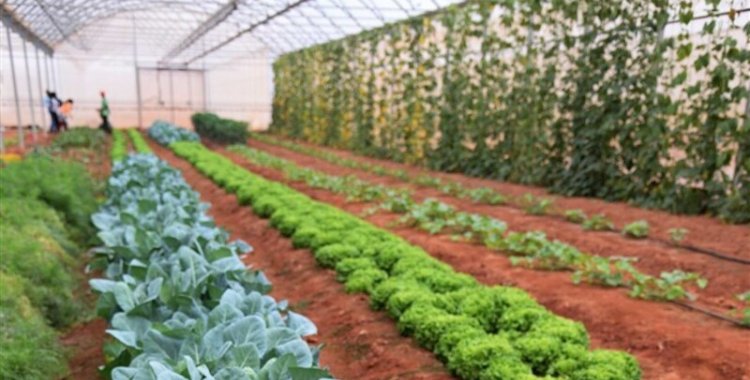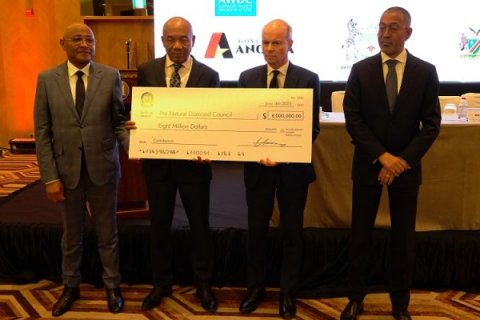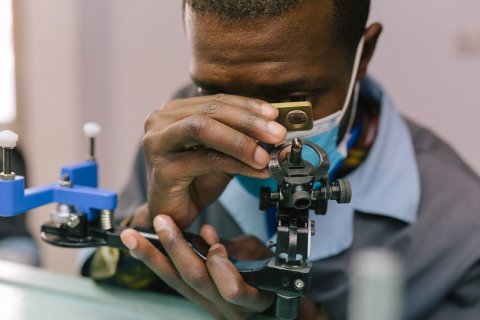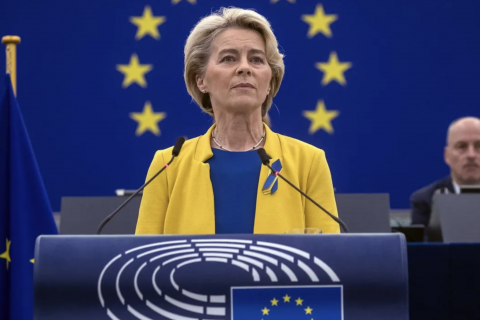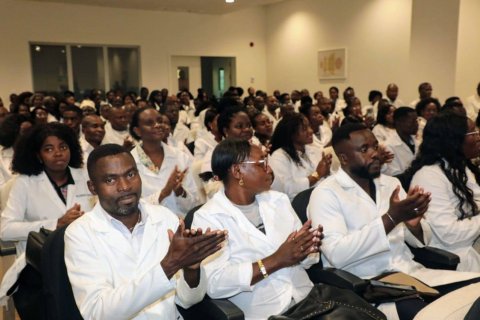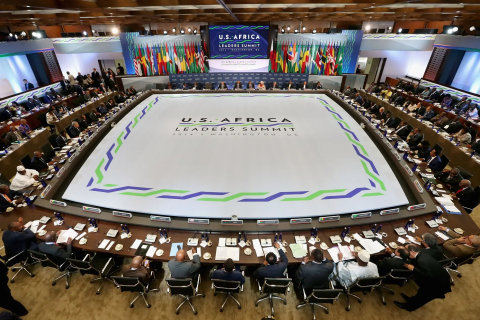According to Adão de Almeida, Minister of State and Chief of Staff of the President of the Republic, this is another step within the scope of the “Simplifica” program, created by the State about four years ago to reduce bureaucracy in administrative acts, a process that still “has a long way to go”.
Adão de Almeida, who addressed the issue of the impact of “Simplifica” on improving the business environment in Angola, said that companies and individuals have to go through almost seven institutions for a land concession.
“What we are preparing to launch is the Single Window for the granting of land rights,” he said.
The governor highlighted that the registration process is underway and a unique installment number has been established to avoid overlapping in the process.
The Minister of State and Chief of Staff of the President of the Republic said that this is a critical and complex issue, for many cases and also for the exercise of economic activity, adding that the previous model involved several entities in the process, “from those with greater territorial responsibility to ministries depending on the scope of their activities”.
“If someone wanted a plot of land for agricultural exploration, from a certain size, it was the Ministry of Agriculture that would grant the concession, if they wanted a plot of land for mining, from a certain size, the Ministry of Petroleum would grant the concession”, he exemplified.
The Minister of Public Works (or the President of the Republic for larger plots of land), who is responsible for the land registry, and then the local administration bodies, provincial government and municipal administration, will now be involved in the process, removing ministries from the concession process and allowing for better organization of the land registry.
Adão de Almeida stressed that, after general measures, Simplifica will move on to sectoral versions, announcing the conclusion soon of measures dedicated to the tourism sector, so that there are “fewer barriers”.
The inspection sector, which Adão de Almeida also considers “very critical”, is also being debureaucratized, no longer having a sectoral model, which subjected economic agents to several inspections (health, commerce, provincial government, municipal administration, etc.)
“We have done away with sectoral inspections; today, most ministries no longer have an inspection service, except for very specific ones that continue to be justified by the nature of the activity, for example, health,” he stressed, recalling that a single entity was created to carry out the inspection, the National Authority for Economic Inspection and Food Safety (ANIESA).
According to Adão de Almeida, there are still "issues to be addressed", because there is still intervention by the Police and Federal Revenue agencies, for example, making it necessary to determine who has the authority to close establishments or cancel an action.
“The latest data tells us that there is some abusive action,” he said.

